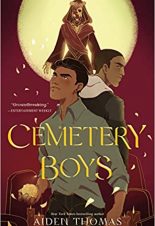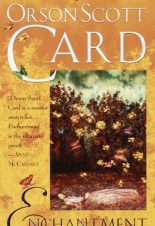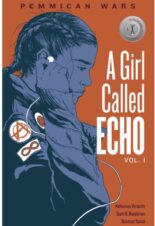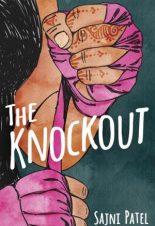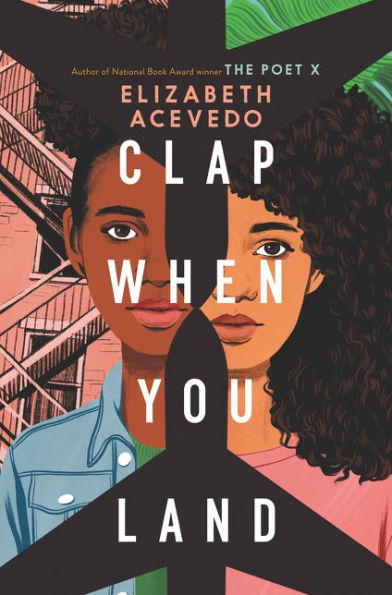
Buy This Book Buy This Series
Other books by Elizabeth Acevedo
“You have to move forward. It cannot return where it was,” Yahaira. – Clap When You Land
Clap When You Land
by Elizabeth Acevedo
AR Test, Diverse Characters, LGBTQ
14+
Score
5.3
432
Camino and Yahaira’s lives are turned upside down when they hear the news, “There have been no survivors found from flight 1112.”
Sixteen-year-old Yahaira lives in New York with her mother and father. Every year, her father returns to his home country – the Dominican Republic. This summer, he was on flight 1112. After Yahaira is told her father died in a plane crash, she is devastated by the news and weighed down by a secret – her father had a wife and a child in the Dominican Republic.
Sixteen-year-old Camino lives in the Dominican Republic with her aunt. After Camino’s mother died, her father moved to New York. Camino’s father returns to the Dominican Republic every summer to spend time with her. Camino is crushed by the loss of her father and the discovery that he had another child, Yahaira, in New York.
Camino works with her aunt as a traditional healer and had aspirations of joining her father in New York to study medicine and become a doctor. Her father pays a local sex trafficker to leave Camino alone so she can focus on her schoolwork. Without her father funding this and her private education, she feels as though her dreams are now out of reach.
Clap When You Land follows Camino and Yahaira on their journey to discover how their lives are interconnected and what it means to be family. They both feel betrayed by their father’s secrets and must learn to cope with the aftermath. Camino and Yahaira learn the world is not always black and white, that maybe their father truly loved both of them. Yahaira comes to terms with her father’s deception saying, “I know now, Papi could not move between two families. When he was here – he was mine, when he was there, he was theirs.”
This spellbinding novel follows the two girls on the cusp of adulthood. Both girls must learn to deal with life’s challenges. Yahaira navigates life in New York as a lesbian, while Camino learns how to follow her dreams despite her circumstances. Clap When You Land will help readers understand the grieving process and how to cope with an immense loss.
The narration is provided in prose, switching between Camino and Yahaira’s voices which provides multiple perspectives on how loss can change someone. Camino and Yahaira’s relationship provides a valuable perspective on sexual assault and what it means to be a survivor. Camino and Yahaira find comfort in leaning on each other as they deal with the emotional and physical trauma they have suffered.
In addition, Clap When You Land discusses health disparities that exist both in the Dominican Republic and in the United States, providing important commentary on health inequities throughout the world. High school-aged readers will find Camino’s and Yahaira’s journey entertaining and captivating. The two young women are relatable characters who impart valuable life lessons.
Sexual Content
- As Camino walks to school, she sees “the working girls I once went to school with.” She is referring to girls who had to drop out of school to become sex workers.
- Camino discusses how her father didn’t need to be strict with her because “I don’t mess with dudes from the barrio who love gossip at the domino bars about the girls that they’ve slept with.” Camino only flirted with the American boys from her school, but “not because they’re cute or interesting – they’re often obnoxious and only want a taste of my gutter-slick tongue and brownness; they act as if they could elevate my life with a taste of their powder-milk-tinged pomp.”
- Camino discusses the neighborhood sex trafficker saying, “El Cero always gets a first taste of the girls who work for him. Before he gussies them up and takes them by the resort beach in cut-off tanks and short shorts so the men from all over the world who come here for sun and sex can give thumbs-up or -down to his wares.”
- Yahaira reminisces about when she and her girlfriend, Dre, were intimate for the first time. Yahaira thinks, “The first time Dre touched me without our clothes on, she kept running her hand from waist to hip. And I wanted to write Miami a thank-you text, for giving my body a spot that was made to nest Dre’s head in.”
- Yahaira describes Dre as saying, “If you tell a dirty joke, Dre will talk about plants that pollinate themselves. If you talk about hoeing around, you’d see Dre blink as her mind goes down a long winding path of tilling dirt.”
- Camino is worried about El Cero, the local sex trafficker. She thinks, “Even the women, girls like me, our mothers and tias, our bodies are branded jungle gyms. Men with accents pick us as if from a brochure to climb and slide and swing.”
- Yahaira was sexually assaulted on the train. She says, “When I felt a squeeze on my leg I thought it was an accident and when I felt fingers float up my thighs I thought I must be mistaken and when he palmed me under my skirt openhanded I dropped my trophy but did not scream, did not make a scene did not curse him out there was no strategy no alternate plan no way to win, there was just me stuck, and being felt up on a public train.”
- Camino said her aunt always answered her questions, “whether it was about sex, or boys, healing or the Saints.”
Violence
- When Camino learns that no one survived the plane crash, she thinks, “A body means there is no miracle to hope for; dead is dead is dead.”
- Dre plays Nina Simone’s music when she is dealing with difficult events. Yahaira says, “She will play her when we see videos on social media of another black boy shot, another black girl pulled over, another kid in the Bronx stabbed outside the Bodega. Dre plays Nina when two girls holding hands are jumped.”
- Yahaira’s mother won’t let her see her father’s remains because “the airline representative mails us a catalog of all the bits of cloth, and bone, and hair, and suitcase things that probably belong to my father.”
- When a man sexually assaults Camino, she desperately thinks, “kick him back scratch at the eyes mouth open cry cry cry for help.”
Drugs and Alcohol
- Camino frequently smokes cigars. “I lift my mouth to the cigar. Inhale. Hold the smoke hard in my lungs until the pain squeezes sharp in my chest.”
- Camino’s aunt “hauls the honeyed rum.”
- When they are making an offering to Camino’s dead parents, Camino and her aunt have a drink. “We pour a bit of homemade mamjuana into the water, and Tia doesn’t even stop me when I take a sip from the bottle. I am feeling guilty.”
Language
- Damn is used occasionally. For example, after Yahaira’s coach calls to give her condolences. Yahaira thinks, “Who knew death must be so damn polite?”
- Fuck is used sparingly. For example, Camino described how her house was blessed by saints, but “a lot of people don’t fuck with that kind of thing here.”
- When walking down the street, Yahaira avoids “dog shit.”
- Yahaira is planning on flying to the Dominican Republic to attend her father’s funeral even though “Miami is dead-ass serious that she isn’t going to the DR funeral.”
- A man calls Camino an “uppity, ugly bitch.”
Supernatural
- Yahaira asks Camino if she believes in ghosts. Camino answers, “Of courses, I believe in ghosts. There are spirits everywhere.”
- Yahaira describes the alter in Camino’s home. “Miami and I have been ignoring the alter in the corner. I don’t know much about Saints or ancestors, only the rumors of sacrificing chickens and how it all relates to voodoo.”
- Camino and her aunt are traditional healers and frequently call upon spirits. The townspeople say Camino’s aunt “has the Saint’s ear.”
Spiritual Content
- None
by Paige Smith
Other books by Elizabeth Acevedo
“You have to move forward. It cannot return where it was,” Yahaira. – Clap When You Land
Latest Reviews

Goodbye Days

Medusa

Simone Biles Vs. Nadia Comaneci: Who Would Win?

A Manatee Calf Grows Up
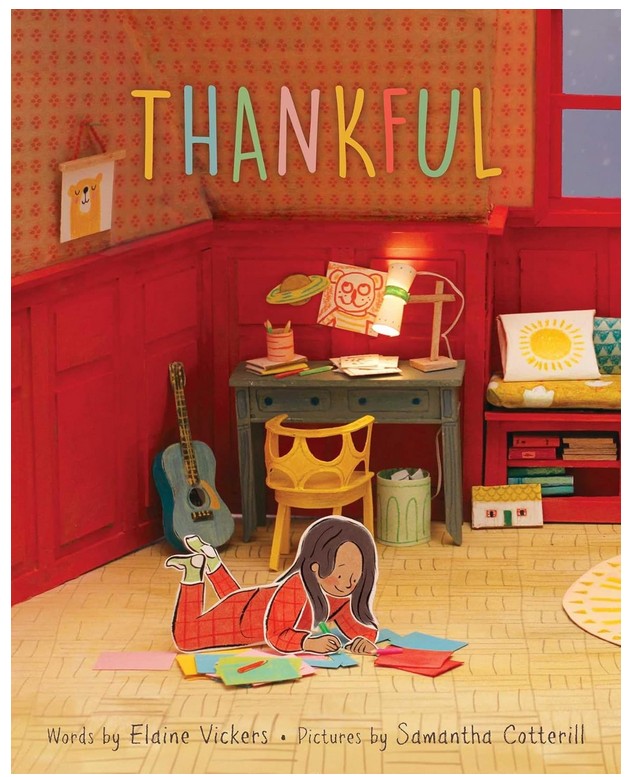
Thankful
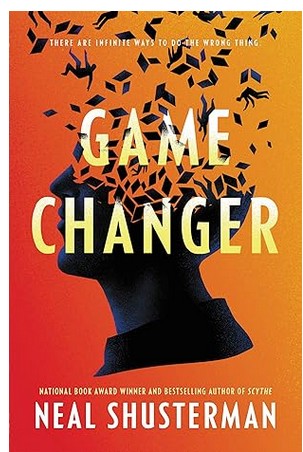
Game Changer

Swimming with Spies
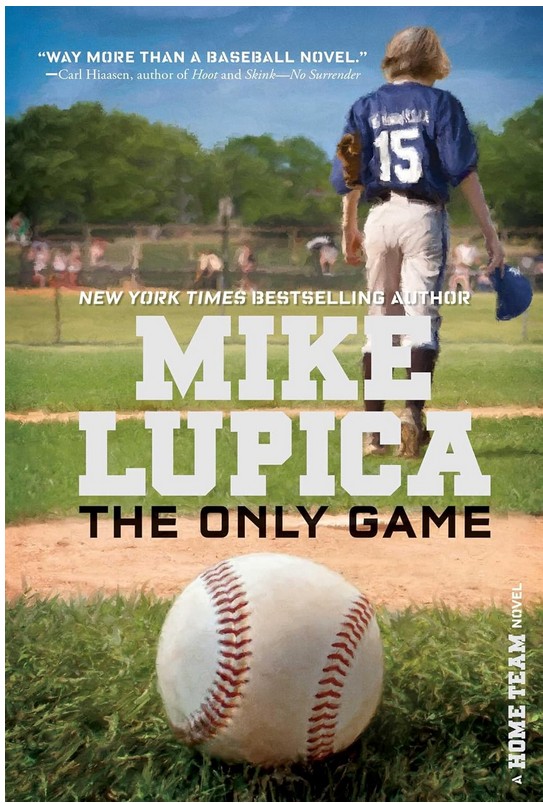
The Only Game
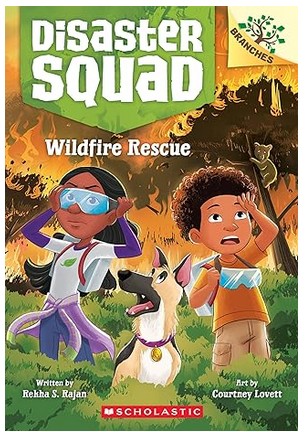
Wildfire Rescue



